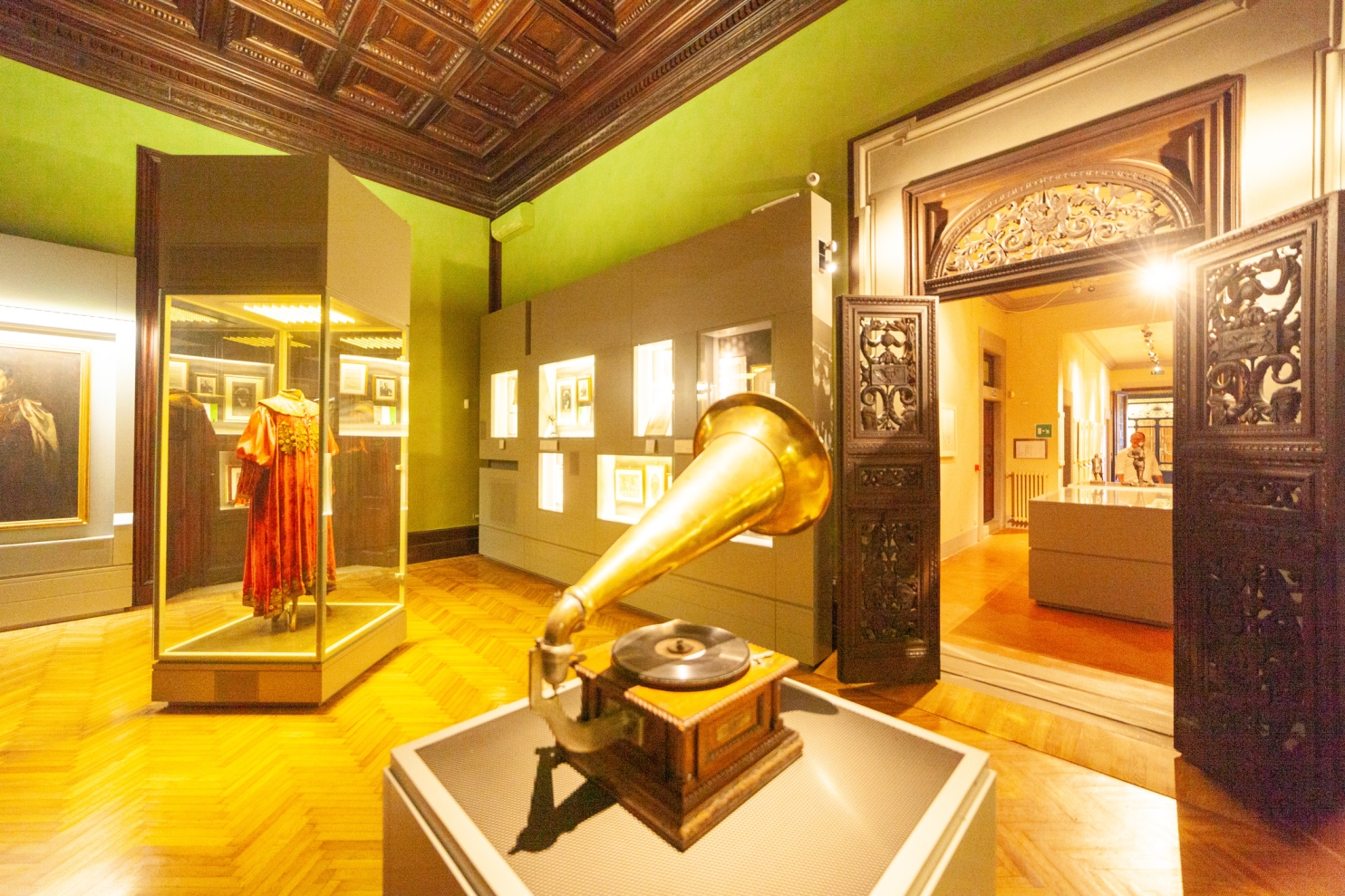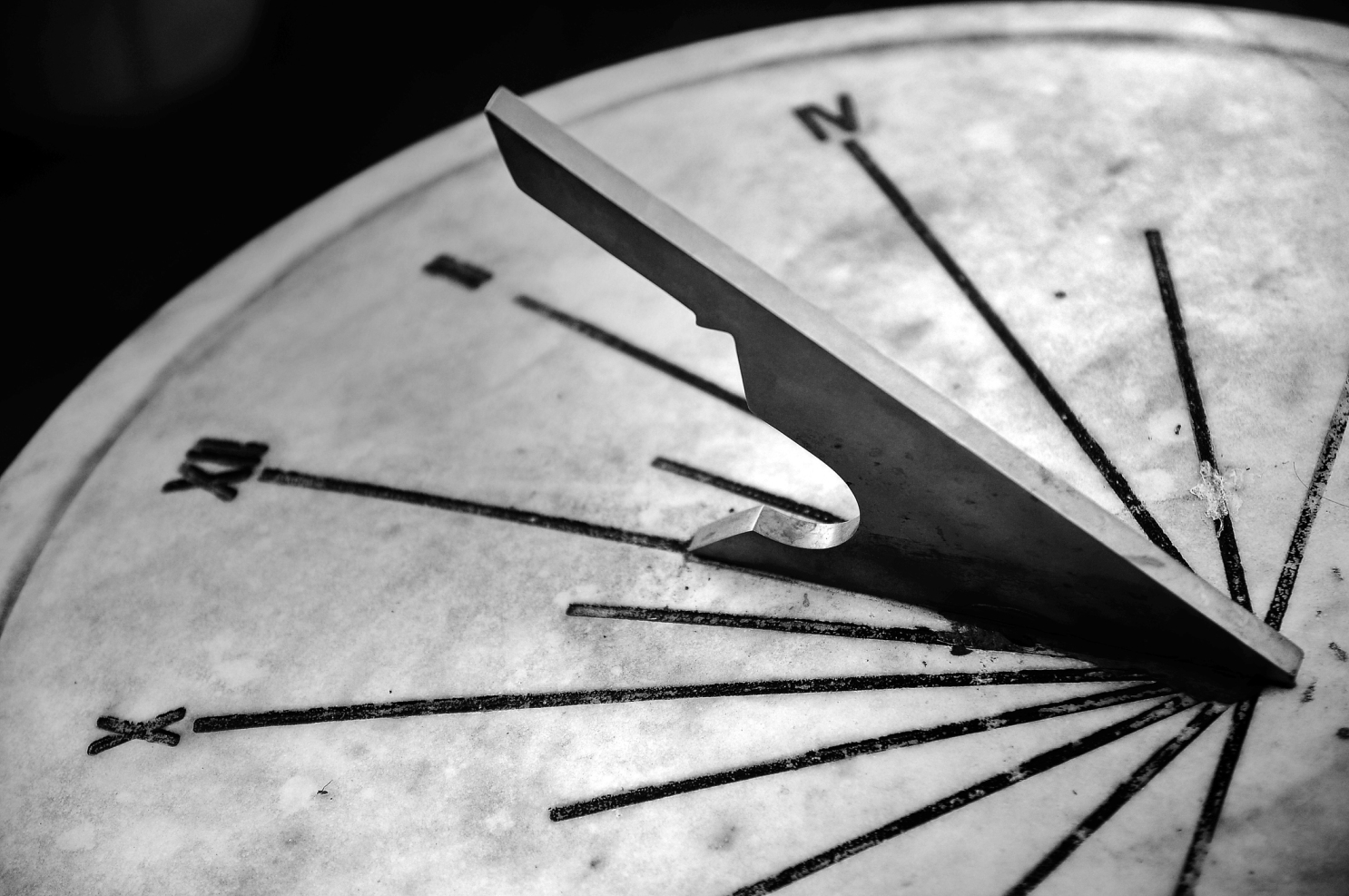Dear Readers,
On April 14, 1912 the supposedly “unsinkable” luxury liner Titanic sank and Guglielmo Marconi (1874-1937), born in Bologna, Italy to an Italian businessman and his Scotch-Irish wife, heiress to the Jamison whiskey fortune, was hailed worldwide as a benefactor and hero to humanity. Marconi’s invention, “ship to shore” radio helped to save many lives. More lives could have been saved if the ship closest to the Titanic had been equipped with “ship to shore” radio, but Marconi had great opposition from the cable companies, which then charged 25 cents per word to send telegrams and tried to discredit Marconi at every turn.
***
Of the 2,340 passengers and crew, more than 1,500 perished. Many were women and children immigrants on cheap “steerage” passage. Especially heroic was the ship’s band, which continued to play music as the ship sank under it and passengers were drowned in less than three hours. After that awful April night when the “indestructible” Titanic hit a massive iceberg, quickly sinking in the icy waters of the North Atlantic, Marconi’s invention wireless telegraphy caused him to be hailed as the “World’s Greatest Benefactor” by the President of the United States Howard William Taft.
The Titanic’s “Marconi Wireless” operator himself went down with the ship, but not before he sent out an S.O.S. Signal of distress. The survivors were picked up by the S.S. Carpathia, another radio-equipped ship which had heard the distress call. Unfortunately, although several other ships had been nearer to the Titanic than the Carpathia, they lacked radio equipment and did not hear the S.O.S. Call. Undoubtedly hundreds more passengers could have been saved if these ships which were nearer to the Titanic had been radio-equipped.
***
Guglielmo Marconi
The American Marconi Company was located in New York City. In 1906, David Sarnoff of R.C.A. (later to become president and chairman of N.B.C.), began working for the American Marconi Wireless Telegraph Company, and by 1919, had become a top wireless expert. He preferred the term radio to “wireless telegraphy” because he said the signals which were sent out radiated in all directions.
In 1912, David Sarnoff, at age 21, was appointed manager and operator of the American Marconi wireless station located in the Wanamaker Department Store in New York. At that time this was the most powerful commercial radio station in the world.
The station was surrounded by glass walls. Each day, many curious people stopped to watch David as he sat at a desk wearing earphones and tapping a telegraph key. Most people still had to be convinced that radio was more than an interesting novelty. David had the opportunity to prove that it was an important and modern invention. On April 14, 1912, while he was listening idly to dots and dashes, he suddenly picked up this shocking message: “S.S. Titanic ran into an iceberg. Sinking fast”. This message had come from the S.S. Olympic, which was nearby in the North Atlantic Ocean, 1,400 miles away from New York.
***
The Titanic was a brand-new luxury liner making her maiden voyage to the United States
with hundreds of prominent Americans aboard. Quickly David signaled the S.S. Olympic to provide additional information. “Rush details, including names”, he requested. At once, David notified the New York newspapers of the grim tragedy. Soon, newspaper reporters as well as relatives and friends of the passengers aboard the Titanic crowded around his station for further information.
Within hours, the news spread across the country and thousands of people were concerned. President William Howard Taft designated David’s station as the official radio station to obtain information. He ordered all other stations to close down to prevent conflicting signals. Wireless was no more “just a novelty”.
***
Almost immediately that same year, Congress passed a law which made it mandatory for all ships carrying passengers to install radio equipment. It also required the ship owners to employ licensed persons to operate the radio equipment.
After Congress passed the new radio law, the Marconi Company trained inspectors to ensure the proper use and installation of radio equipment aboard ships. Many people became interested in learning more about the principles of radio, known as electronics. The Marconi Company established a special training school for operators and technicians, even offering night classes for interested students. There were special courses for older Marconi executives who wanted to know more about the electronic principles behind the equipment that the company was making and selling. The terrible fate of the Titanic in 1912 touched the world, and today, over a hundred years later, its memory is still vivid.
***
Guglielmo Marconi, born 1874, as a young boy was fascinated by electricity and liked to play with batteries.
His father, Giuseppe, thought it was a waste of time, but his mother encouraged his experiments. Sometimes mother knows best…
***
David Sarnoff, the young Marconi Wireless Telegraph Company radio operator who on April 14, 1912, made radio history by picking up news of the sinking of the Titanic; spent 72 feverish hours sending and receiving messages about the tragedy. Thereafter, he rose rapidly within the Marconi Company. After it was absorbed in 1919 by Radio Corporation of America, he was made general manager. Eager to “sell” radio to America, he arranged the broadcasting of the Dempsey-Carpentier fight of 1921, which was tuned in by 200,000 “wireless” owners. RCA promptly began manufacturing radio receiving sets, and an industry was born. Sarnoff became president of RCA in 1930. In 1939, he began his big push for TV, appearing before cameras at the New York World’s Fair to say, “Now at last we add sight to sound” (RCA’s experiments with TV had quietly long antedated this pioneering demonstration).



























